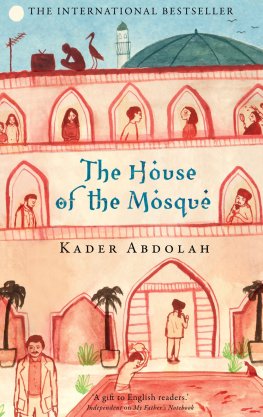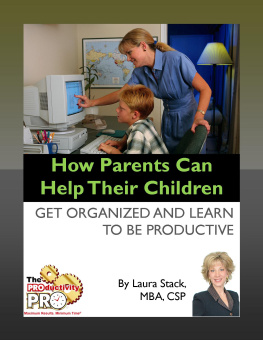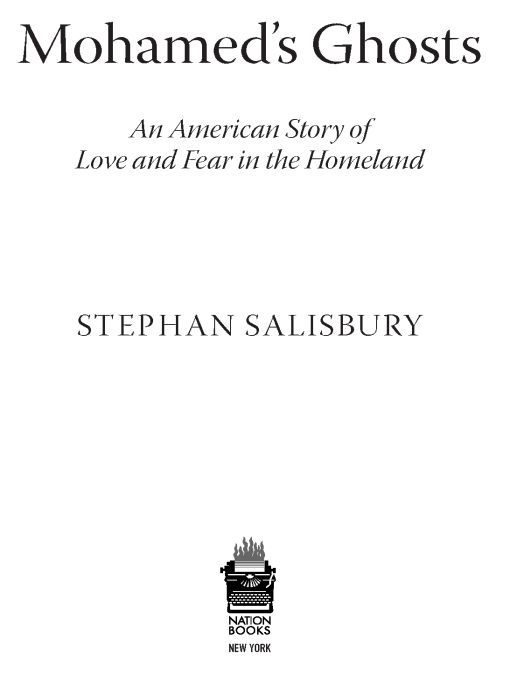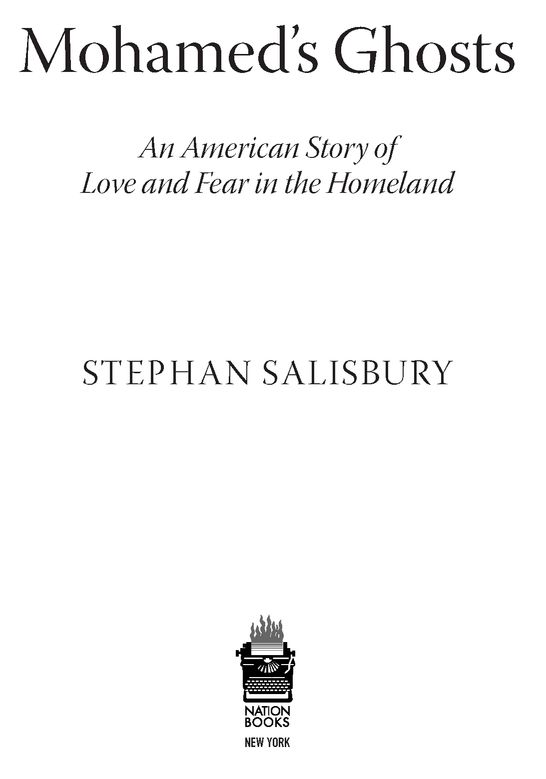Table of Contents
For Jennifer
INTRODUCTION
How to Take Down a Mosque
IT SEEMED LIKE A long sleep, and when I woke, I found myself in another country, a shadow country running parallel to where I thought Id been living for decades. This was a land where everything was the same, but not the same. Here was a country at war, but not at war; a country at peace with arrests and investigations carried out in the sinking light of dawn; a country keeping tabs and comfortable with the busy work. You dont know what you dont know, they liked to say these days. And no one said much more. What did I know? When I was a student at Columbia University back in the late 1960s, I lived in a country at war, and everyone knew it; a country of arrests and bellicose investigations; a country of records and files and interrogations and violence. It was a country of anger and resentments, a country that hunkered down to protect itself from enemies within, and ultimately a country so powerful, so magnanimous, so enfolding, it could absorb millions of alienated opponents and transform them into the engines of the future. And here I was, the future was now, and I felt we had slept for twenty years, only to awake back at the beginning, back when you didnt know if your conversation was being recorded, if your wanderings were being tracked, and if your name graced endless sheets of paper silently filed away in a government cabinet. A cold, ineffable presence now filled the air. What I thought was dead was not dead, simply transmogrified. This was a country of ghosts, apparitions that once seemed vanquished, but that had reappeared and reappeared and reappeared, each time with a different face, a different story, and greater, more secret ruthlessness. There may be anger here, but it was stashed out of the way, folded and stored in an attic.
I remember driving with my father one day, back in the summer of 1967, following a sophomore year in which I grew more and more fiercely opposed to the Vietnam War. The government is hopelessly corrupt, I said. Its hopelessly dictatorial, slaughtering millions in Southeast Asia, ignoring or jailing anyone opposed to the war and willing to take action over it. The government only understands force. Only force will end the killing. No, he said, that is never the answer. We were driving down First Avenue in Manhattan on a hot night. There were days, he said, and I remember them, when children lived over here along the East River starving to death. They lived on the banks of the river and picked at garbage. Old people starved. Families were thrown out of their homes. There were people sleeping on the street, thousands, maybe tens of thousands dying of hunger and disease. There were campfires in Central Park and tents and lean-tos. Its better now; slowly it has improved. You proceed with small steps.
My father was tough, but the most gentle of men. And in this brief conversation, street lights flickering across his face, reflecting off his wire-rimmed glasses, he distilled his philosophy into one short sentence: He believed in perfectibility. Governments, for the most part, harbor no such belief. They are about sustainability. The governed are always a threat to that. In my fathers view, the way to perfect was to expose. Show the difference between what is said and what is done, between what we think we are and what we actually do. Open up that wound for all to see and cauterize it. On this hot summer nightperhaps Detroit was burning at the time or Newark or East Harlemhe told me that patience was required, patience and information. There are many questions, he said, and what you see at any moment offers up answers. My father was an American newspaperman to the core, and even though the government had secretly burglarized our suburban house at the onset of World War II in the ludicrous belief he was a German spy; even though he had lived in Moscow as a correspondent under constant surveillance, watched at all times, bugged, shadowed, and censored; even though he had seen friends disappear into the Soviet penal system and later saw American friends bugged and arrested and beaten in the South during the civil rights movement; and even though he was clandestinely watched and listened to by the CIA and National Security Agency when American authorities were annoyed by his Soviet reporting and infuriated by his Vietnam reporting for the New York Times, even after all of this repetition, this drumbeat of cynical deceit, he believed in the power of truth and reason, the power of change, and the bedrock fact of human decency. Perfectibility. As the Vietnam War continued in its ferocity year after year, he believed that bringing the raw facts to light would ultimately overpower deception. The war would be stopped because people would finally grow sick of the prevaricationsbut only if they knew about them. I remember being stupefied by this almost serene stubbornness, this willingness to accept less as enough, even for a moment. But despite people dying in the streets of Detroit and Newark that very summer, shot on the spot by our own government, he had seen far more ghosts than I had.
DEEP INTO ANOTHER WAR, I stood on a forlorn corner in Philadelphia and found myself asking the most basic questions of any war at any time: Who is friend, and who is foe? Who is being attacked and for what reasons? What is defeat, and what is victory? Am I an enemy? Strange questions, really, after so many years of killing. Shouldnt a nation at war have clear answers after so many deaths and so much disruption? I had similar questions a generation ago, as did millions of other Americans; the absence of plausible answers was one reason so many took to the streets in opposition to the war in Southeast Asia.
What did this corner, tucked away in a forgotten pocket of the city, have to do with war? On one side of Wakeling Street, fronted by a sweeping, empty asphalt parking lot, stood the low-slung Baptist Worship Center and Excell Christian Academya formidable box that in earlier times served as a giant Super Fresh market and Eckerd drugstore. Directly across the street, east of the church, the Risque and Excitement video emporiums offered a Hot Summer SaleTwice the Fun! Down the block, a pink billboard poked up over Aramingo Avenue: Can you sell mud to a pig? it asked, in the name of sales-employment.com. Looming over all, just beyond the hum and rattle of elevated I-95, the Allied Chemical complex sprawledmainstay, lifeline, and sometimes explosive threat to the neighborhood; at night, the outlines of its intricate maze of pipes and girders and tanks covering forty-five acres near the Delaware River flickered in a tracery of bright white lights, an otherworldly outline of the toxic workaday world.
Cars streamed past, and the sidewalks were empty. I was alone here and probably unobserved. No video cameras jutted from the front of an AOH clubhouse down the block, where a couple of afternoon drinkers sat at the bar and a green, white, and orange Irish flag drooped from a second-floor pole. No camera was suspended over the intersection. I had no cell phone emitting its silent tracking signal. My car was an old company car. No GPS chips were lodged anywhere in its battered body. No E-Z pass marked my passage through any tolls to get here. No neighbors leaned on their sills, watching. No black SUVs with darkened windows sat still as cats in the Baptist parking lot.







